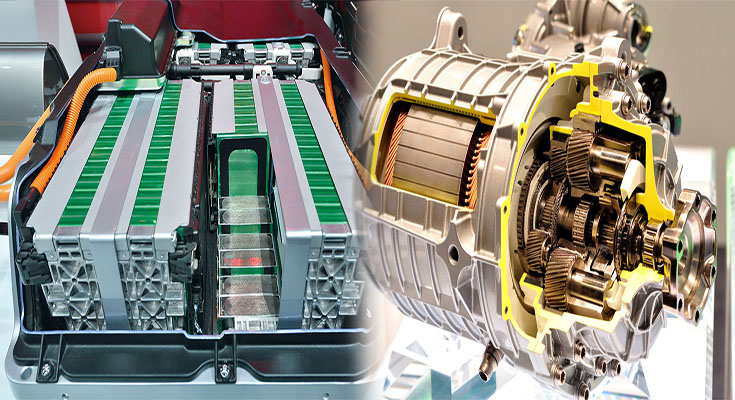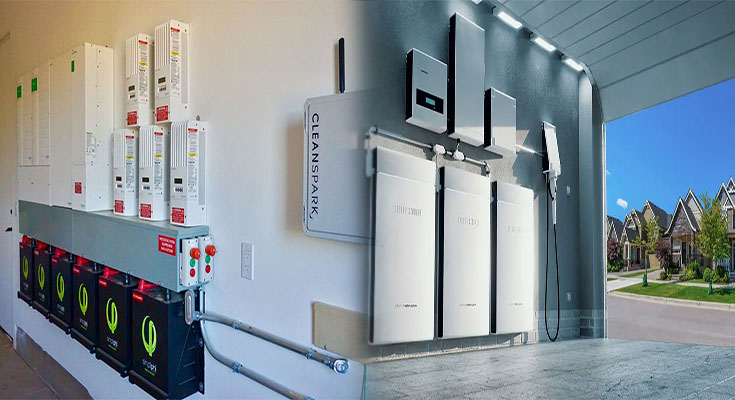
Sizing Considerations for Electric Vehicle (EV) Battery Packs
As electric vehicles (EVs) gain popularity as a viable transportation option, the demand for efficient and reliable battery packs continues to rise. The battery pack is a crucial component of an electric vehicle, providing the power required for propulsion, as well as other auxiliary functions. Properly sizing the EV battery pack is essential for maximizing performance, range, and overall efficiency. In this article, we will discuss some key considerations that need to be taken into account when determining the optimal size for an EV battery pack.
1. Range Requirement
One of the primary factors influencing the size of an EV battery pack is the range requirement. The range represents the distance an electric vehicle can travel on a single charge. The higher the range requirement, the larger the battery pack needs to be. It is essential to consider the typical driving patterns and daily distance covered by the vehicle’s users …
Sizing Considerations for Electric Vehicle (EV) Battery Packs Read More

